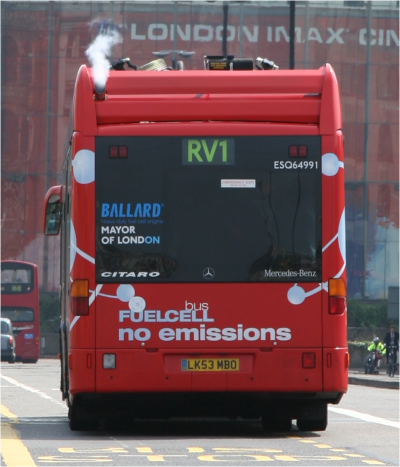MikeInWimbledon
Hardcore MB Enthusiast
- Joined
- Nov 8, 2014
- Messages
- 14,040
- Car
- SL350 (Ex S211 E500,W212 E500, C216, S212E500, W211E500 5.5, W221S500, S211 E500, SL500, S500, E55)
In a BEV market where Tesla's 50,000 sales in 2022, was less than a fifth of all EV sales (270,000) in the UK.Overpriced in a BEV market where there is more supply than demand.
Yep, Tesla EV sales were outnumbered by its competitors more than four to one.
Tesla doesn't have a cat in hell's chance of maintaining that share in 2023
Last edited:



